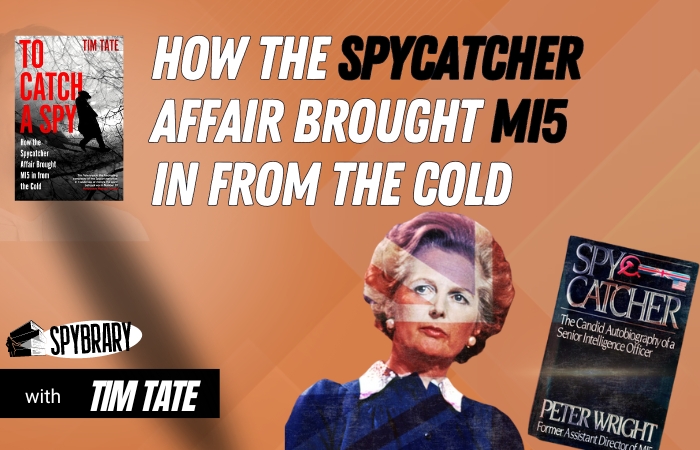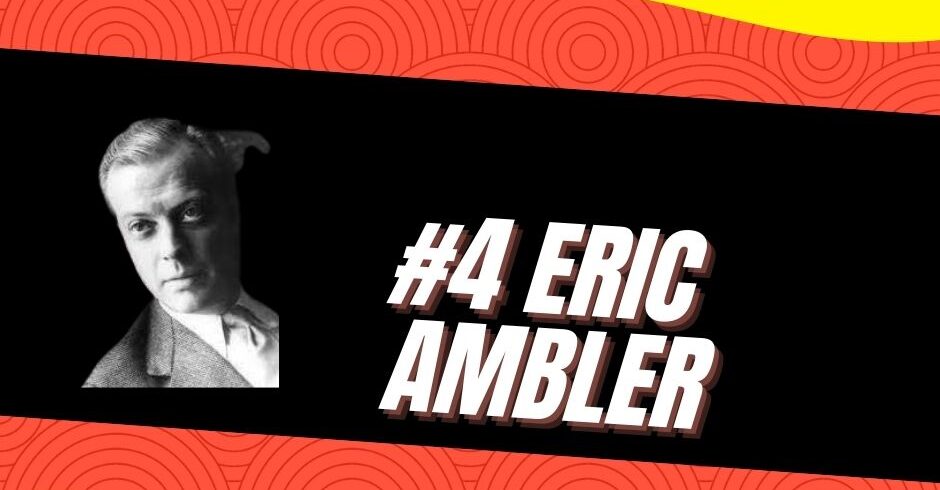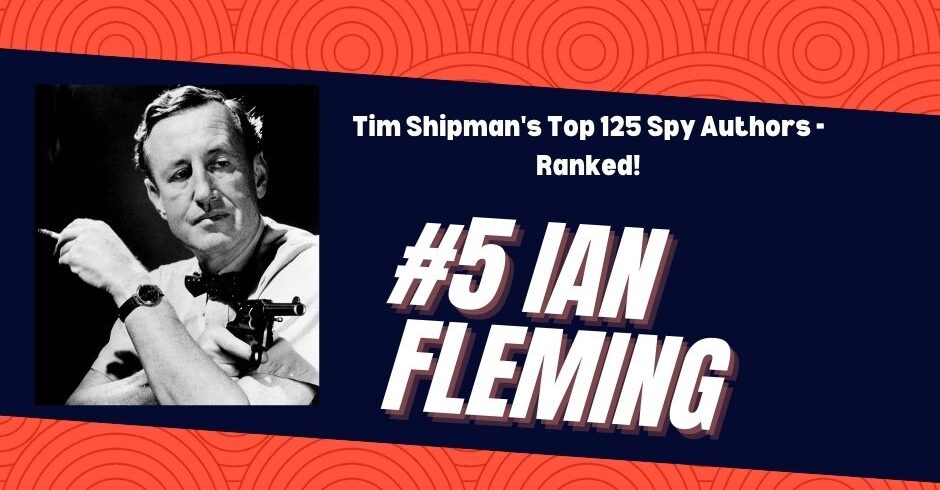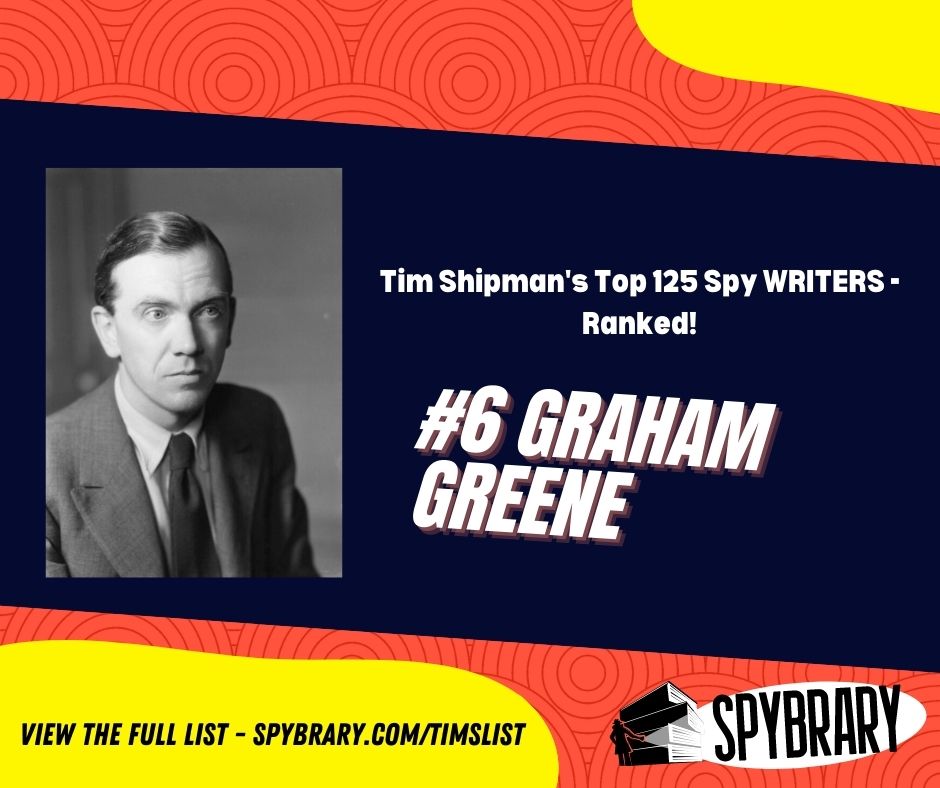
Introduction to the spy fiction of Graham Greene
Graham Greene is widely regarded as one of the greatest literary figures of the 20th century, seamlessly blending the genres of literary fiction and spy thrillers. His works explore themes of betrayal, morality, and human frailty, often set against the backdrop of political and social turmoil. Known as much for his espionage novels as for his literary masterpieces, Greene’s influence on spy fiction is profound, elevating the genre with his introspective and deeply human characters.
Key Spy Novels by Graham Greene
Graham Greene’s contributions to the spy fiction genre are unparalleled in their depth and complexity. Here’s a closer look at his most notable works:
1. The Quiet American (1955)
Set in Vietnam during the First Indochina War, this novel is as much a spy story as it is a searing critique of American foreign policy. It follows the cynical journalist Thomas Fowler and the enigmatic Alden Pyle, whose idealism leads to tragic consequences.
Themes: Political naivety, colonialism, and moral ambiguity.
2. The Third Man (1949)
Originally conceived as a screenplay for the iconic film directed by Carol Reed, this Cold War espionage tale is set in post-war Vienna. It follows writer Holly Martins as he uncovers a sinister plot involving his old friend Harry Lime.
Themes: Loyalty, deception, and the shadows of war.
3. Our Man in Havana (1958)
A darkly comedic take on espionage, this novel follows a British vacuum cleaner salesman in Havana who is recruited by MI6 to spy on the Cubans. His fabricated intelligence leads to unexpected consequences.
Themes: Bureaucratic absurdity, deception, and unintended consequences.
4. The Human Factor (1978)
This understated and introspective spy novel centers on Maurice Castle, a British intelligence officer whose loyalty is tested by personal and political conflicts. The novel is a critique of the ethical compromises inherent in espionage.
Themes: Loyalty, betrayal, and moral dilemmas.
Tim Shipman on Graham Greene
‘Unlike some who dabbled, the espionage work was a significant part of Greene’s output. Indeed he must be seen as one of the key fathers of the genre. In any reckoning of the most important spy writers he is a key way point alongside Buchan and Ambler in the legitimising of espionage as something to be taken seriously – though ironically he went some way to undermining the notion that they should be considered alongside his great “serious” novels by labelling many of them “entertainments”.
While that may be true of Stamboul Train (1932 – the second best thriller set on the Orient Express), The Confidential Agent (1939) or Ministry of Fear (1943), it is selling The Human Factor or The Quiet American short to consider them anything other than absolutely top drawer entries in his back catalogue.'
Spy thriller author Paul Vidich on Graham Greene
“It is important to place The Third Man and The Quiet American in Greene's oeuvre of spy fiction. I rate The Quiet American among his best novels, and The Third Man, while slim, is (together with Carol Reed's film, which Greene wrote the treatment for), a story that defined the beginning of the Cold War grimness in fiction. Casablanca, with its Hollywood romance, defined the pre-war period, but The Third Man's gritty, cynical, anti-romantic spirit helped shape the beginning of Cold War realism in fiction and film. And The Third Man's narrative structure was pretty novel.
Finally, the premise of the novel (writer coming in search of a man who we discover is dead) is a nod to Ambler's A Coffin for Dimitrios.”
Key Themes in Graham Greene’s Spy Fiction
- Moral Ambiguity:
- Greene’s characters often grapple with ethical dilemmas, questioning their actions and loyalties in morally gray situations.
- Political Critique:
- His works frequently examine the consequences of colonialism, imperialism, and political interference, particularly in The Quiet American and Our Man in Havana.
- Human Frailty:
- Espionage in Greene’s novels is rarely glamorous. Instead, it is portrayed as a deeply human endeavor, filled with mistakes, weaknesses, and unintended consequences.
- The Lonely Spy:
- Greene’s spies are often isolated figures, cut off from meaningful personal connections due to their work and its inherent secrecy.
- Dark Humor:
- Novels like Our Man in Havana showcase Greene’s ability to inject satire and absurdity into the often serious world of espionage.

Author and Spy Book fan, Andy Onyx gives us his brush pass spy book review of The Human Factor by Graham Greene.
Greene’s Legacy in Spy Fiction
Graham Greene’s spy novels have influenced generations of writers, including John le Carré and Len Deighton, who credit Greene with elevating the espionage genre to literary heights. His works continue to resonate for their timeless exploration of morality, politics, and human nature.
Film Adaptations of Greene’s Spy Novels
- The Third Man (1949): Directed by Carol Reed, this classic film features Orson Welles as Harry Lime and is widely regarded as one of the greatest films of all time.
- Our Man in Havana (1959): A faithful adaptation of Greene’s satirical spy novel, starring Alec Guinness.
- The Quiet American (1958, 2002): Two adaptations, with the 2002 version starring Michael Caine, highlight the enduring relevance of Greene’s critique of American interventionism.
Our handpicked hosts and guests discuss their favorite spy movies both the classics and the hidden gems of spy films. Today Section F delve into the classic film ‘The Third Man,' discussing its plot, rewatchability, and notable moments. The music and cinematography of the film are also explored. Listen here The Third Man Movie Reviewed.
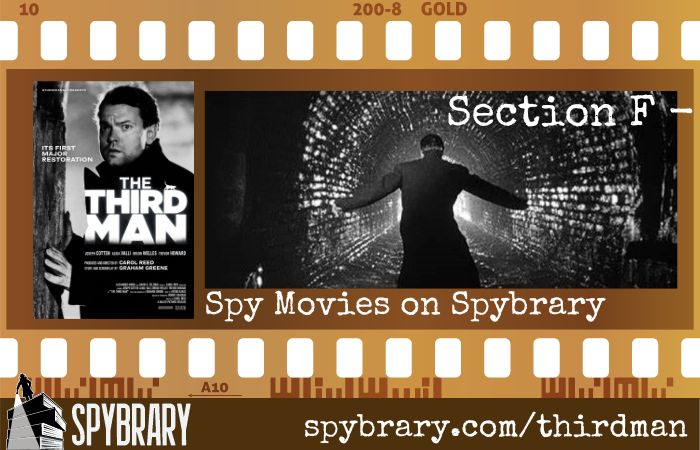
Why Read Graham Greene’s Spy Fiction?
For readers seeking more than just thrills, Graham Greene’s spy novels offer a rich tapestry of intrigue, character depth, and philosophical reflection. His works are essential for anyone interested in how espionage intersects with politics, ethics, and the human condition.
Where to Start?
New to Greene’s spy fiction? Begin with The Quiet American for its poignant exploration of idealism and interventionism. If you’re drawn to satirical takes on espionage, Our Man in Havana is a perfect choice.
Explore More
Join the Spy Books Community Discussion
Spybrary is more than just a spy podcast; it's a place to chat with fellow spy book and spy film fans from around the world. We encourage you to share your views on each spy book/movie, engage in discussion with fellow fans, and immerse yourself in the captivating world of spy fiction, spy fact and spy films.


